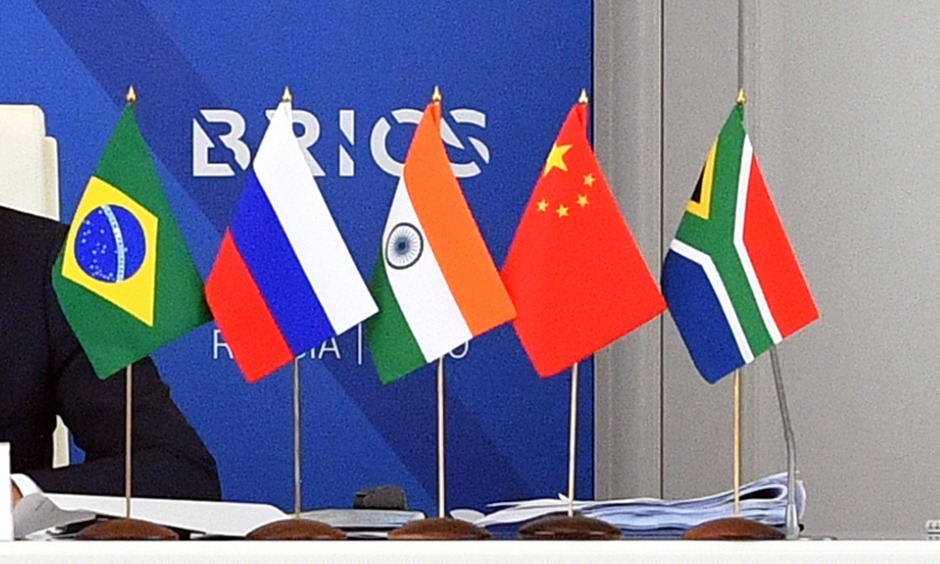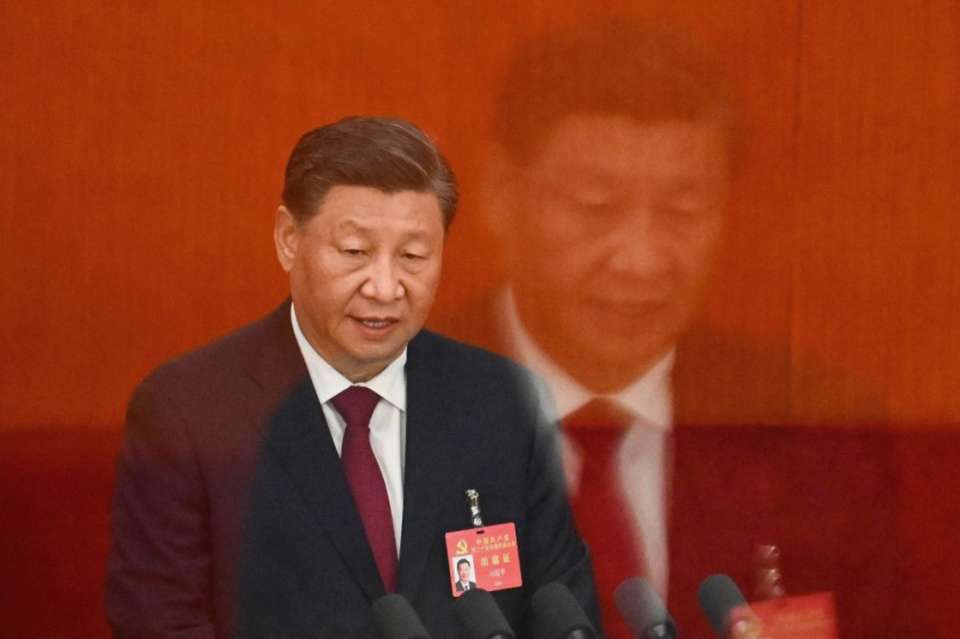
The BRICS group, including Brazil, Russia, India, China, and South Africa, is leading the global effort towards de-dollarisation. As the US dollar dominates the global economy, BRICS nations are exploring ways to reduce their dependence on the dollar and promote a multi-currency international financial system.
This could potentially reshape the global financial landscape and act as a buffer against a potential global dollar crisis. However, the process faces challenges such as coordination among member nations, the development of robust financial infrastructure, and overcoming the inertia of existing dollar-based systems.
The international community’s willingness to embrace alternative currencies and financial institutions is crucial for the success of these efforts. Resistance from countries and institutions deeply entrenched in the current dollar-centric system may slow down the transition. The BRICS group’s commitment to de-dollarisation is a significant step towards a more balanced and resilient global financial system, and their efforts to reduce dependence on the dollar could potentially prevent or mitigate a global dollar crisis.
The Dollar Dominance Dilemma
For decades, the US dollar has held an undisputed status as the world’s primary reserve currency. This preeminence grants the United States immense financial and geopolitical leverage, as well as the ability to run persistent trade deficits and accumulate vast amounts of debt. However, it also leaves the global economy vulnerable to the United States’ monetary policy decisions, which can have far-reaching consequences.
The most pressing concern is the dollar’s vulnerability to sudden devaluation or a liquidity crisis. A global reliance on the dollar means that any instability in the US financial system can quickly reverberate across the world, as seen during the 2008 financial crisis. As the world’s economies become increasingly interconnected, the potential for a global dollar crisis looms large.

BRICS: A Collective Effort Towards De-Dollarisation
Recognizing the risks posed by an overreliance on the dollar, BRICS nations have embarked on a journey to diversify their foreign exchange reserves and reduce their dependence on the greenback. This endeavour involves several key strategies:
- Bilateral Trade Agreements: BRICS nations are actively promoting trade agreements denominated in their own currencies, thereby reducing their reliance on the dollar for international trade. For instance, the Russia-China bilateral trade agreement, valued at $400 billion, is conducted in rubles and yuan, not dollars.
- Currency Swap Agreements: The group has established currency swap agreements to facilitate trade among member countries using their respective currencies. These agreements enhance liquidity and reduce the need for dollars in cross-border transactions.
- Creation of the New Development Bank: The BRICS New Development Bank, founded in 2014, aims to provide an alternative source of funding for infrastructure and development projects, reducing the reliance on Western-dominated financial institutions like the World Bank and IMF, which typically operate in dollars.
- Promoting Digital Currencies: Some BRICS nations, notably China, have been at the forefront of developing and promoting central bank digital currencies (CBDCs). These digital currencies have the potential to further reduce the dollar’s role in global trade and finance.
The Geopolitical Implications
Beyond the economic aspects, the BRICS initiative for de-dollarisation carries significant geopolitical implications. It challenges the existing global financial order, which has long been dominated by Western powers. As BRICS nations gain economic influence and assert themselves on the world stage, they are setting the stage for a more balanced and multipolar international financial system.
Moreover, the BRICS’ collective efforts to promote de-dollarisation could serve as a stabilizing force in the event of a global dollar crisis. By diversifying their foreign reserves and promoting alternative currencies, BRICS countries are effectively building a financial safety net that can cushion the impact of a sudden dollar devaluation or liquidity shortage.






